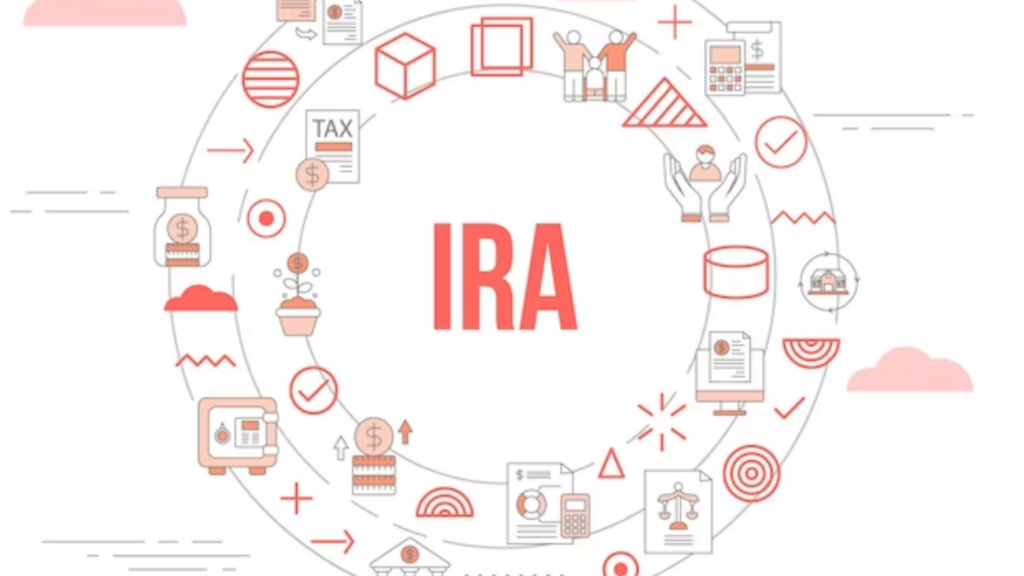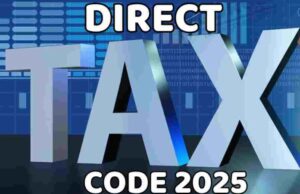
Planning for retirement is indeed a big decision, and the right individual retirement plan can make all the difference in how you save and grow your money. But with so many different options, it’s easy for you to get confused.
How do you know which type of account suits you the best? What if your retirement goals change over time?
You don’t know, right?
All this can be overwhelming, but the good news is that an individual retirement plan (IRA) is tailored to every financial situation. Whether you’re aiming for tax benefits now or in the future, or you’re self-employed and looking to save smartly, there is a solution for you.
Let’s take a closer look at what these seven types of IRAs have to offer you!
1. Traditional IRA: Tax Benefits Now, Pay Later
A traditional IRA offers immediate tax advantages. Contributions may be tax-deductible, which reduces your taxable income now. However, you’ll pay taxes when you withdraw funds in retirement.
- Who It’s For: Individuals expecting to be in a lower tax bracket after retirement.
- Key Limits: Contribution limits apply annually, and there are penalties for early withdrawals before age 59½.
2. Roth IRA: Tax-Free Withdrawals
Unlike the traditional option, a Roth IRA lets you contribute post-tax income. While you don’t get immediate tax deductions, withdrawals during retirement are completely tax-free.
- Who It’s For: Those who anticipate being in a higher tax bracket when they retire.
- Key Feature: No required minimum distributions (RMDs), allowing you to leave funds untouched for longer.
3. SEP IRA: Simplified for Small Businesses
Simplified Employee Pension (SEP) IRAs are ideal for small business owners or self-employed individuals. Employers contribute on behalf of employees, but employees cannot add their own funds.
- Who It’s For: Entrepreneurs or freelancers who want to save efficiently.
- Advantages: Higher contribution limits compared to traditional and Roth accounts.
4. SIMPLE IRA: Easy Retirement Savings for Small Teams
The Savings Incentive Match Plan for Employees (SIMPLE IRA) is perfect for small businesses. Both employers and employees contribute to the plan, making it straightforward and effective.
- Who It’s For: Employers with fewer than 100 employees who want a hassle-free retirement option.
- Unique Benefit: Mandatory employer contributions help employees grow their funds faster.
5. Spousal IRA: Building Savings Together
Spousal IRAs allow a working spouse to contribute to an IRA on behalf of a non-working spouse. This ensures both partners build retirement savings, even if one doesn’t earn income.
- Who It’s For: Couples with one income earner who want equal financial security.
- Flexibility: Contributions can be made to either a traditional or Roth IRA.
6. Self-Directed IRA: For the Adventurous Investor
A self-directed IRA might be your match if you’re eager to explore unique investment opportunities. These accounts let you invest in alternative assets, like real estate or precious metals, beyond traditional stocks and bonds.
- Who It’s For: Experienced investors looking for more control and diversity in their portfolios.
- Caution: Complex rules mean you must follow regulations carefully to avoid penalties.
7. Inherited IRA: Managing Passed-Down Funds
An inherited IRA is specifically for beneficiaries who inherit an IRA after the original owner passes away. The rules for contributions, withdrawals, and taxes vary depending on whether you’re a spouse or a non-spouse beneficiary.
- Who It’s For: Heirs who receive retirement accounts from a loved one.
- Consideration: RMDs are often required, so plan withdrawals strategically.
Key Factors to Consider When Choosing
Not all IRAs are created equal, so consider these factors before deciding:
- Tax Benefits: Do you want upfront deductions or tax-free withdrawals later?
- Contribution Limits: Each type has specific limits; choose one that fits your income level.
- Employer Contributions: If you’re self-employed or run a small business, consider a SEP or SIMPLE IRA.
- Investment Options: Are you looking for traditional funds or unique assets like a self-directed account?
Why Picking the Right IRA Matters
Selecting the right individual retirement account isn’t just about saving—it’s about maximizing your future financial security. Whether you prefer a traditional, Roth, or a more specialized option, ensure it aligns with your long-term goals.
By exploring your options now and taking advantage of each’s unique features, you’ll set yourself up for a secure and comfortable retirement. Take the first step today and decide which IRA best suits your needs.





